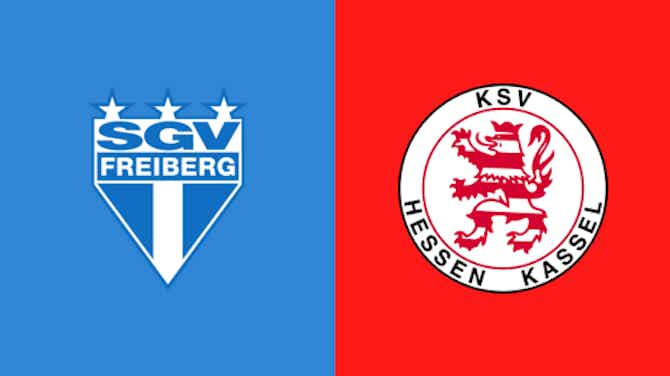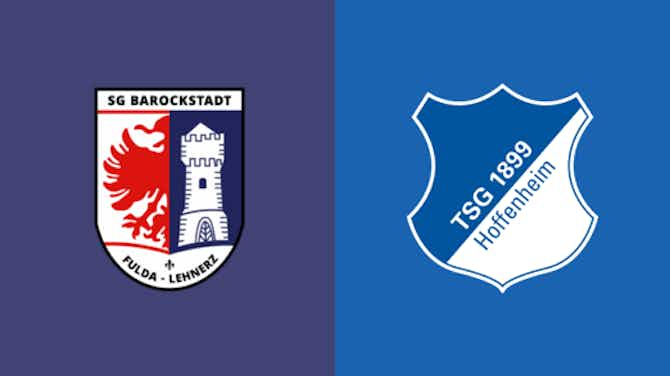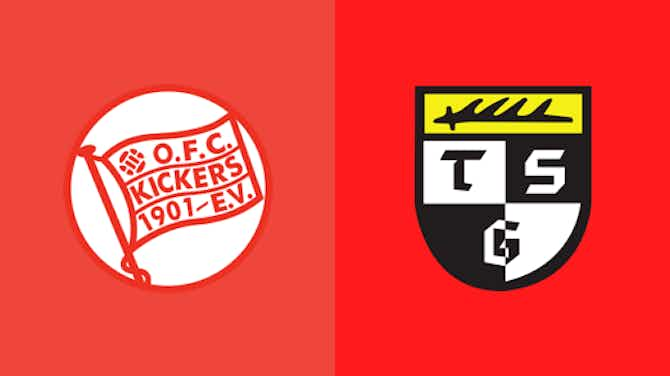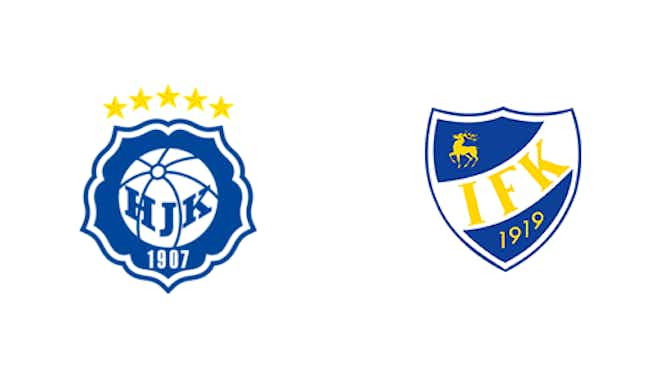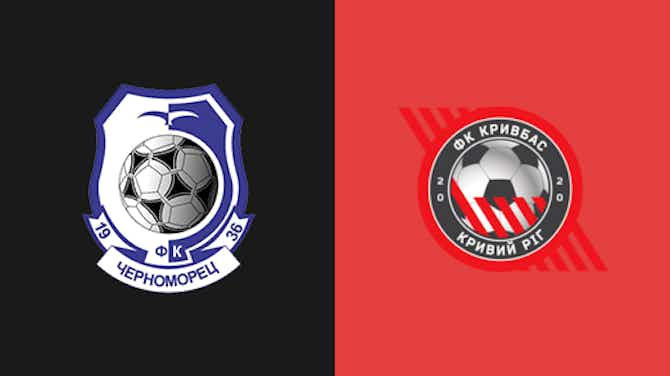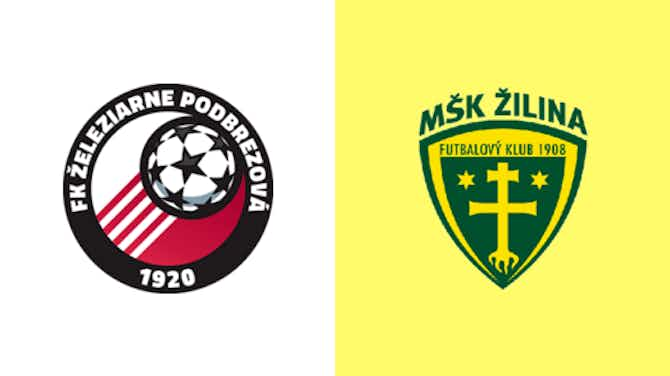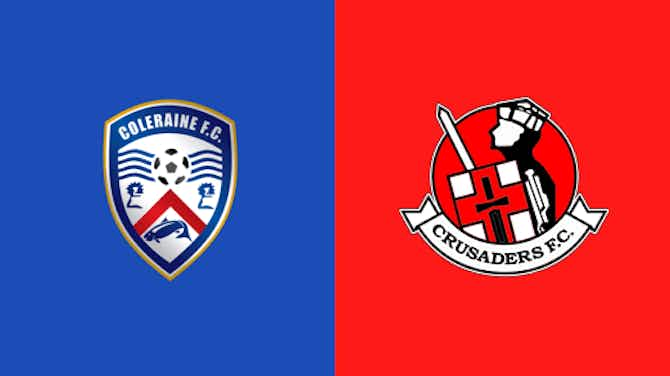Her Football Hub
·22 January 2021
Phil Neville’s Lionesses legacy contains both sorrow and jubilation
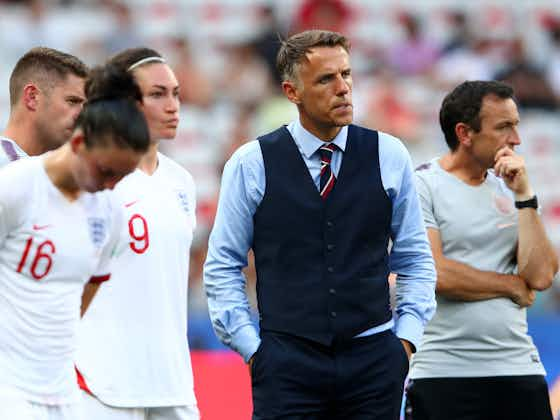
Her Football Hub
·22 January 2021

Phil Neville stepped down as head coach of England’s national team after three years in charge. In turn, he accepted the head coaching position at Inter Miami of Major League Soccer.
The 43-year-old English manager had already announced back in April 2020 that he would leave his post after the upcoming Olympic Games.
Instead, Neville’s time with the Lionesses has been cut six months short. Miami’s chairman David Beckham was able to lure his former Manchester United teammate across the pond.
Sarina Wiegman is certain to take on the England managerial job. But that will only happen after Great Britain takes part in the Summer Games.
Neville’s departure leaves a bittersweet sensation in the minds of the media and the fans. His time as England’s head coach was accompanied by several joyful moments, but also massive disappointments.
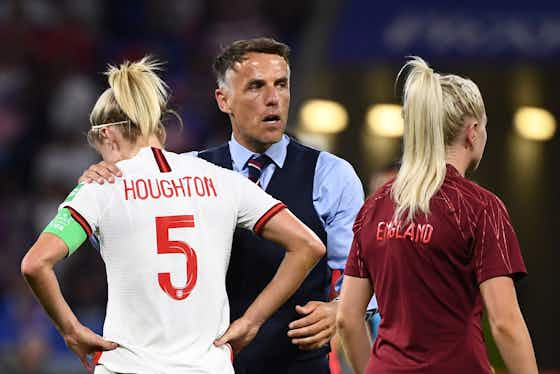
Let’s be honest. When Neville took over the position, England was third in the FIFA Women’s World Rankings and, of course, the top European team. They now sit at number six, achieving only three wins in their last 11 games.
Before taking the reins of the national team, the former English full-back primarily held assistant coaching jobs. These came in 2013 for David Moyes’ Manchester United side and in 2015 for Nuno Espirito Santo’s Valencia side.
The outcomes of both jobs were rather unpleasant for him and the respective clubs. However, to be fair, he did end up guiding the Lionesses to various milestones.
Neville was at the helm as England navigated to their first-ever SheBelieves Cup triumph, to Olympic qualification and, of course, to a World Cup semi-final.
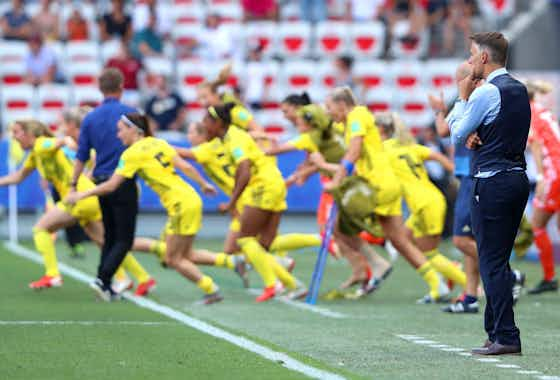
A run all the way to the semi-finals in the greatest women’s tournament sounds exceptionally impressive. Yet, England were coming off a third consecutive big semi-final in a row.
Moreover, the despair of Neville’s squad laid on how his team underperformed in a series of games.
His side looked uninspired and deeply worrying against the eventual World Cup winners, the USA.
If it wasn’t for Ellen White’s equalizing goal, which gave a small glimpse of hope for the English side, no one would even care to remember the game.
In fact, the Lionesses did not even manage to secure third place in 2019’s World Cup, failing miserably against Sweden (1-2).

Neville’s squad’s saggy performances and costly defeats against lower-ranked teams pilled up. As a result, the pressure on him grew more and more.
He further let himself down with inappropriate answers when pressed by the media. His unjustified and unearned responses often caused outrage from the fans.
Neville’s frustration circulated to the product on the pitch, making his team look exposed and without a “great” winning plan in hand.
One example of his baffling comments to the media was how “pleased” he felt with the direction his side was going. This came directly after a lackluster win against Portugal (1-0) in October 2019. The English team’s performance was marked by the media as both uninspired and substandard.
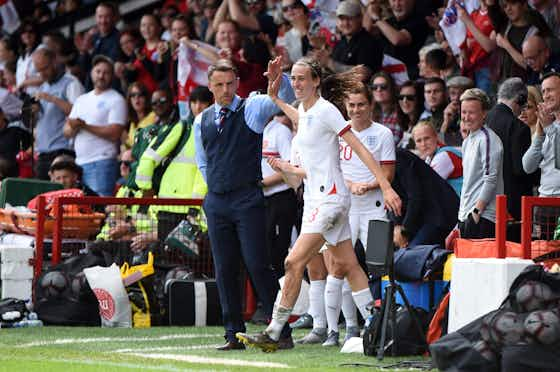
Neville always looked like the person who never really wanted the job he was in. His arrival as manager of England’s national team raised lots of eyebrows. It also gathered potentially beneficial media coverage, putting the team in the spotlight.
If nothing else, he should be credited for surrounding the women’s game with media hype in a period where it’s much needed. But in fact, that assertion is basically wrong.
It’s no secret anymore that women’s football is increasingly growing in the country. Due to the arrival of big names, and the tension that the championship now holds, public interest is on the rise.
The former Manchester United ace never really favoured his potential as the main man for the job. He never regarded himself as the manager who will take the English women’s team on to the next step.
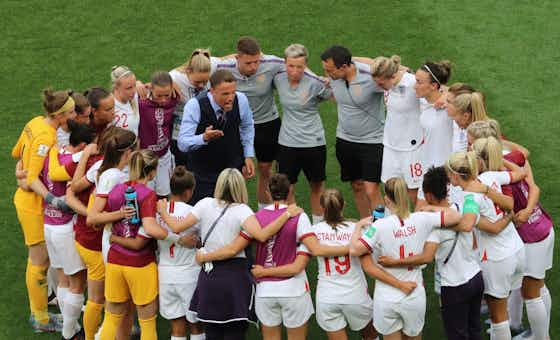
In simple terms, Neville never considered putting his name amongst the greatest managers in the game or staying around the women’s game for far too long to see his work pay off. That’s because he seemingly put little to no effort to raise the bar for both his team and himself.
The status his name carried into the team reflected on how the national team looked on the outside but clearly not on the inside.
He now leaves “moving forward” in his career as he believes taking on his first-ever head manager position for a men’s side.
The FA now needs to find a sustainable solution before the Olympics officially start, even if cancelation rumours continue to swirl. In 2018, the governing body used Neville’s arrival as a way to move forward from Mark Sampson’s controversial time as England’s manager. Now, they will have to act comparably in order to prevent the team from falling apart.




































